Implementing “The Bone Density Solution” into Your Life: Tips and Strategies
Bone health is an important aspect of overall health and wellbeing, yet it is often overlooked until there is a problem. Osteoporosis, a condition that causes bones to become weak and brittle, affects millions of people worldwide. However, there are steps you can take to prevent osteoporosis and improve bone density. In this article, we will provide tips and strategies for implementing “The Bone Density Solution” into your daily routine.
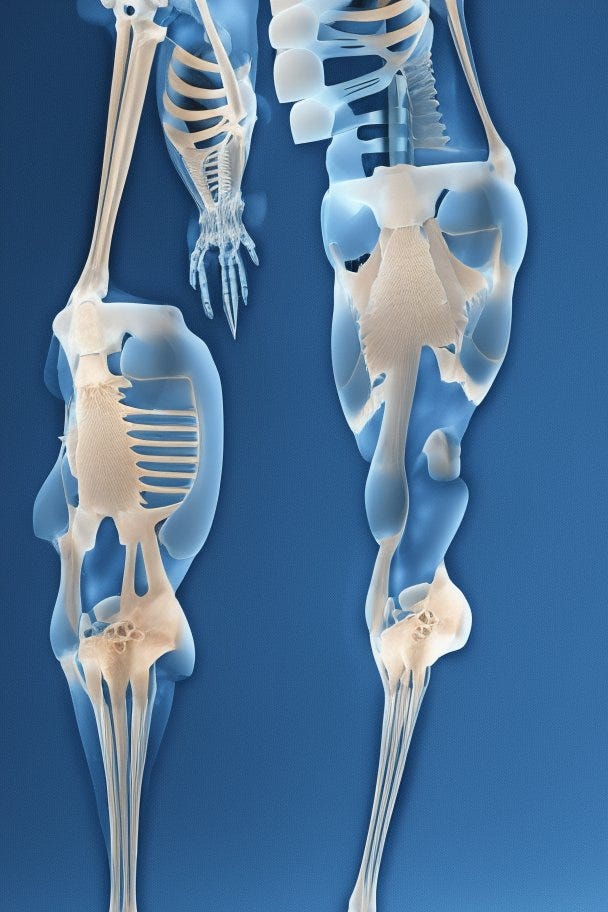
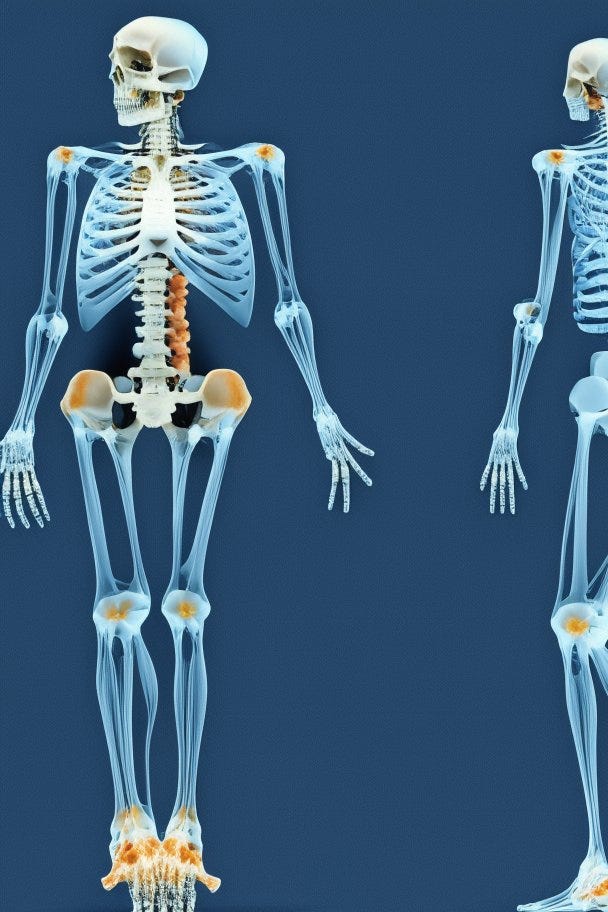
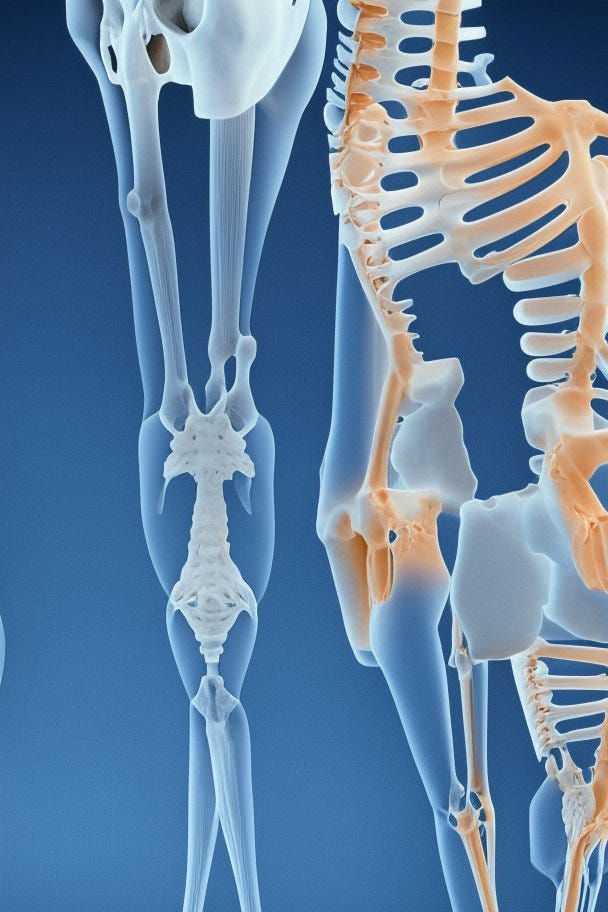
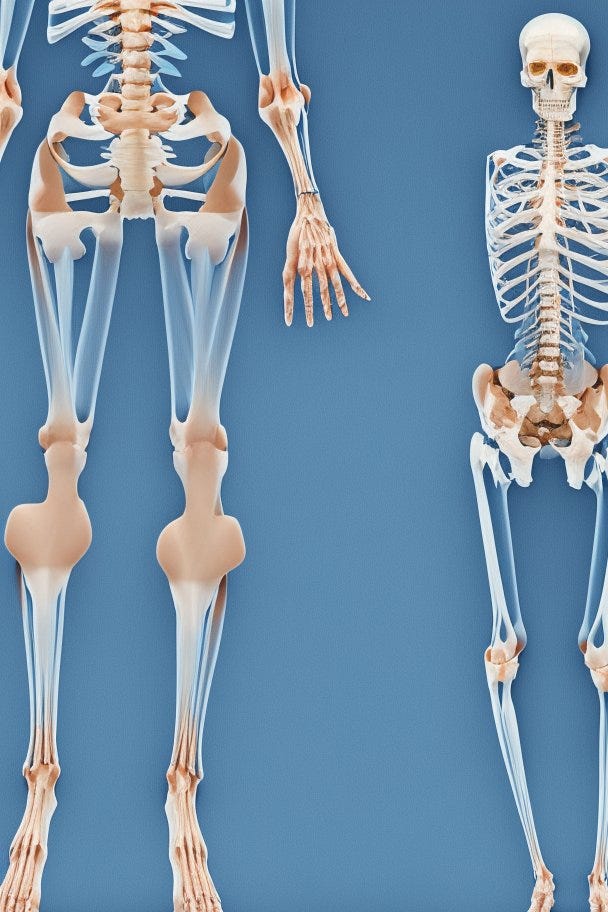
What is The Bone Density Solution?
“The Bone Density Solution” is a program designed to improve bone health and prevent osteoporosis. It is based on the latest scientific research and provides a comprehensive approach to bone health, including exercise, nutrition, and lifestyle changes. By following the program, you can improve bone density, reduce the risk of fractures, and improve overall health and wellbeing.
What is the fastest way to increase bone density?
The fastest way to increase bone density is through strength training exercises. Resistance training exercises, such as weightlifting or bodyweight exercises, put stress on the bones, which stimulates the bone-building process. Regular strength training exercises can help increase bone density and reduce the risk of osteoporosis. Additionally, it is important to ensure that you are getting adequate nutrition, including calcium and vitamin D, which are essential for bone health.
Exercise for Bone Health
Exercise is an important component of bone health and osteoporosis prevention. Weight-bearing exercises, such as walking, running, and dancing, help stimulate the bone-building process. Additionally, strength training exercises, such as weightlifting or bodyweight exercises, help build muscle and improve bone density. It is recommended to engage in at least 150 minutes of moderate-intensity aerobic exercise per week and 2–3 days of strength training exercises per week.
Nutrition for Bone Health
Proper nutrition is crucial for maintaining bone health and preventing osteoporosis. Here are some tips for incorporating bone-healthy nutrients into your diet:
- Calcium: Calcium is vital for maintaining bone strength and structure. Good sources of calcium include dairy products, leafy greens, and fortified foods such as orange juice and breakfast cereals. It is recommended that adults consume 1,000–1,200 mg of calcium per day, which can be obtained through food or supplements.
- Vitamin D: Vitamin D plays an essential role in calcium absorption, making it a critical nutrient for bone health. The best source of vitamin D is sunlight, but it can also be found in fatty fish, egg yolks, and fortified foods such as milk and cereal. The recommended daily intake of vitamin D is 600–800 IU for most adults.
- Protein: Protein is also important for bone health, as it provides the building blocks necessary for bone formation. Good sources of protein include lean meats, poultry, fish, beans, and nuts.
- Magnesium: Magnesium is another mineral that is essential for bone health, as it helps with calcium absorption and bone formation. Good sources of magnesium include nuts, seeds, whole grains, and leafy greens.
Incorporating these bone-healthy nutrients into your diet can help improve bone density and reduce the risk of osteoporosis. A balanced diet that includes a variety of nutrient-dense foods is essential for overall health and wellbeing.
Lifestyle Changes for Bone Health
In addition to exercise and nutrition, lifestyle changes can also contribute to bone health and osteoporosis prevention. Habits such as smoking and excessive alcohol consumption can increase the risk of osteoporosis, so it is important to quit smoking and limit alcohol consumption. Additionally, stress reduction techniques, such as meditation and yoga, can help improve bone health. Getting adequate sleep and incorporating mobility exercises, such as stretching or yoga, can also help improve bone health.
Can you rebuild bone density?
Yes, it is possible to rebuild bone density through exercise, nutrition, and lifestyle changes. It is important to engage in regular strength training exercises, ensure adequate intake of calcium and vitamin D, and make lifestyle changes to promote bone health. It is important to note that rebuilding bone density may take time and requires a consistent effort.
What is the best treatment for bone density?
The best treatment for bone density depends on the individual and their specific needs. However, a comprehensive approach that includes exercise, nutrition, and lifestyle changes is often recommended. Strength training exercises and weight-bearing exercises are important for stimulating the bone-building process, while adequate intake of calcium and vitamin D is essential for bone health. Lifestyle changes, such as quitting smoking, limiting alcohol consumption, and stress reduction techniques, can also help improve bone health. It is important to consult with a healthcare provider to determine the best treatment plan for your individual needs.
How fast can you rebuild bone density?
The speed at which you can rebuild bone density depends on various factors, including age, current bone density, and overall health. It may take several months to a year to see significant improvements in bone density. Consistency is key, and it is important to continue engaging in strength training exercises, consuming adequate nutrition, and making lifestyle changes to promote bone health.
In conclusion, bone health is a crucial component of overall health and wellbeing. Osteoporosis prevention and improving bone density require a comprehensive approach that includes exercise, nutrition, and lifestyle changes. Incorporating strength training exercises, weight-bearing exercises, and adequate intake of calcium and vitamin D into your daily routine can help improve bone density and reduce the risk of osteoporosis. Additionally, making lifestyle changes such as quitting smoking, limiting alcohol consumption, and stress reduction techniques can also help improve bone health. Remember that consistency is key, and it may take time to see significant improvements in bone density. Consult with a healthcare provider to determine the best treatment plan for your individual needs.
Here are some useful information you can check to help you out:
The Bone Density Solution
Because today osteoporosis is a choice, not a prison sentence.
Now, we can actually do something about it.
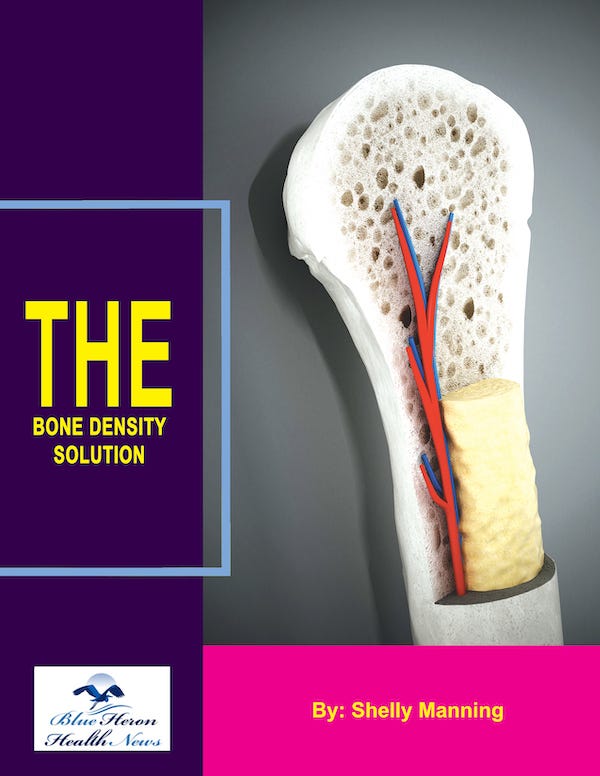
Comments
Post a Comment